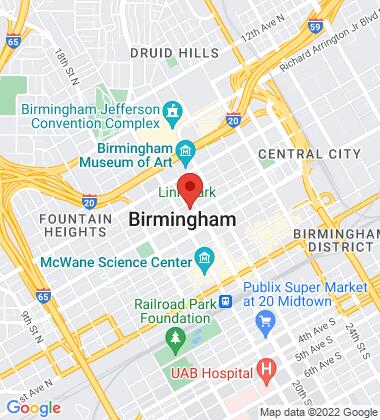What is plea bargaining?
Plea bargaining is a pre- trial legal arrangement between prosecutor and defendant through which the defendant can plead guilty to a lesser charge in exchange for a lenient and speedy sentencing or an agreement to drop other charges altogether.
What is the main purpose of plea bargaining in the USA?
In case the government has a strong case, they may offer the defendant a chance of plea bargaining to avoid trial and a possibility to reduce a lengthier sentence. The condition to take a plea bargain is that the defendant may only plead guilty if they actually committed the crime and admits to doing so in open court before the judge.
What is an example of plea bargaining?
A prosecutor agrees to allow a defendant to plead to possession of drug paraphernalia, a misdemeanor, instead of unlawful possession of a controlled substance, a felony, if the defendant agrees and admits guilt. A prosecutor agrees to take the death penalty off the table as a penalty in a murder case if the defendant agrees to admit to the crime.
The criminal justice system of the United States is often depicted as a high voltage courtroom drama in movies and fictional dramas with a long and hard-hitting trial as the centerpiece. However, the reality is that the majority of criminal cases do not even go to trial; instead, they are resolved through a process known as plea bargaining. Read more to know more about Plea bargain pros and cons and its legal implications in the U.S. criminal justice system.
Pros or Advantages of Plea Bargaining
Efficiency and Cost-Effectiveness: One of the most important advantages of plea bargaining is that a good criminal defense attorney can negotiate a favorable plea agreement and avoid potential serious consequences for the defendant.. Also, it helps expedite the process of resolution of cases. In the United States, nearly 500,000 people are held in prison with charges and are awaiting trial and a possible conviction. Plea bargaining speeds up this process as trials can be very time-consuming and expensive. A trial approximately costs around $70,000 while a plea bargain could reduce this cost to $4,200 per case and by availing a plea negotiation process the courts can instead allocate their resources for other purposes. This also makes the justice system more efficient by reducing the backlog of cases and ensures that justice is served more promptly.
It also keeps the population of inmates in jail under control.
Certainty in Sentencing: Plea agreements allow both the prosecution and the defense to exercise more influence over the outcome of the case. While negotiating a specific sentence, defendants can have a better picture of the consequences they will face. A plea bargain grants them with certainty instead of the risk of a potentially harsher and longer sentence after a trial.
Cooperation with Law Enforcement: Plea bargaining encourages defendants to cooperate with the law enforcement agencies by providing information, testifying against co-defendants, or even helping to solve the case. This comes in extremely handy in complex criminal investigations and often leads to the prosecution of higher-ranking criminals.
Reducing Overcriminalization: In some cases, prosecutors may charge defendants with multiple offenses resulting in excessively harsh sentences. Plea bargaining comes with a possibility of dropping some charges, which negates the chances of unjustly severe punishments.
Cons or Disadvantages of Plea Bargaining
Coercion and Duress: There is a chance that plea bargaining can lead to defendants pleading guilty, even when they are innocent just under the crippling pressure of facing a potentially harsher penalty if they proceed to trial and are convicted. This can result in wrongful convictions and a failure in delivery of true justice.
Lack of Transparency: The plea negotiation process is often conducted behind closed doors and lacks transparency. This can lead to public skepticism and a general sense of mistrust in the process.
Imbalance of Power: Prosecutors typically have more resources and bargaining power than defendants, especially those who cannot afford a private attorney. This can lead to unequal outcomes in plea agreements, where the defendants at disadvantage end up accepting unfavorable deals.
Erosion of the Right to Trial: The right to a fair trial is a fundamental right of every US citizen. Plea bargaining incentivizes defendants to waive their trial rights in favor of a plea deal, leading to a potential decline in the number of cases that go to trial.
Legal Implications of Plea Bargaining
Record of Conviction: Pleading guilty to a criminal charge results in a conviction on the defendant’s record. This may have untoward and long-lasting consequences, such as difficulty in finding employment, obtaining housing, or acquiring certain licenses.
Sentencing Disparities: Plea bargaining can lead to disparities in sentencing, as different defendants may receive varying sentences for similar crimes based on the negotiations and the specific prosecutor handling the case.
Constitutional Concerns: The process of plea bargaining has raised constitutional issues, such as the right to effective assistance of counsel and the right to due process. In some cases, defendants might not be adequately informed of the consequences of their plea, which can result in legal challenges.
Conclusion:
Plea bargaining is a complex and controversial practice within the U.S. criminal justice system. While the debate of plea bargain vs trial has been addressed in the blog, it is best advised to seek counsel at Tidwell Law Group for the best outcome.

